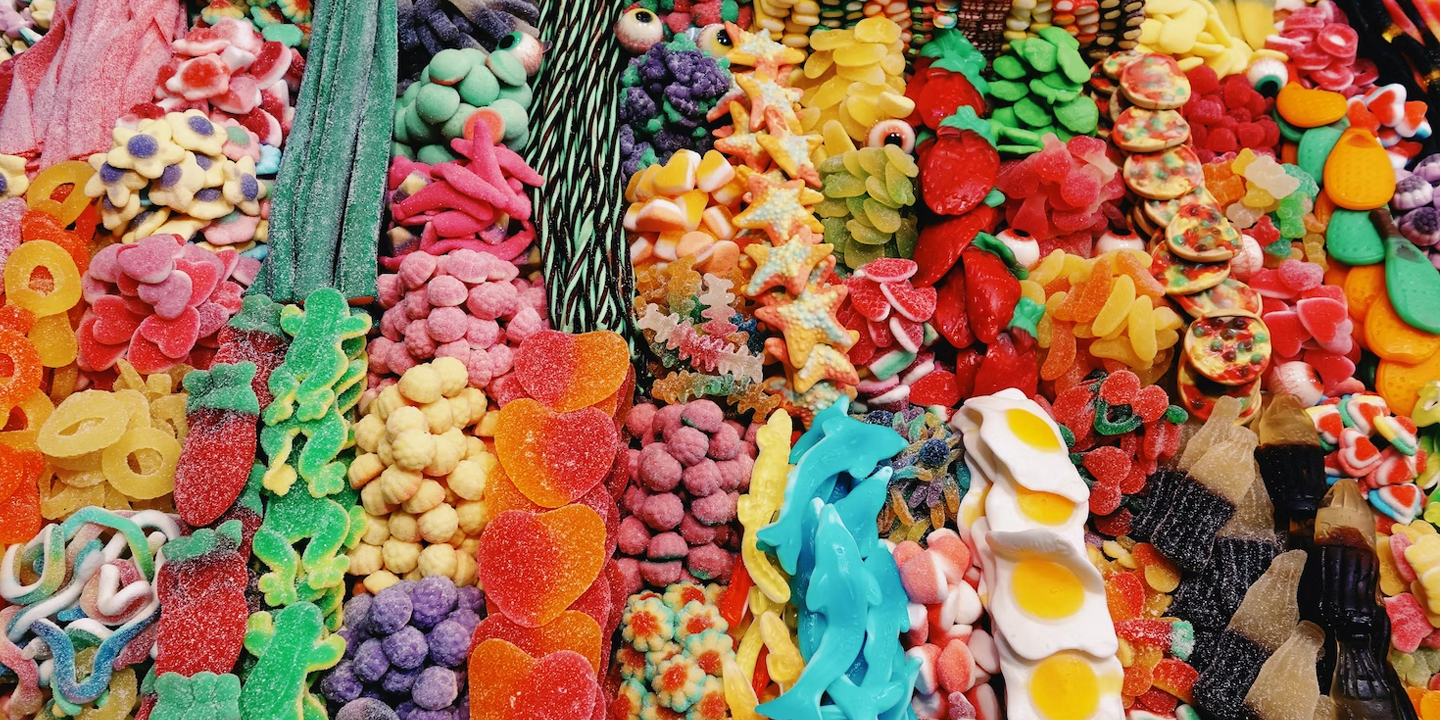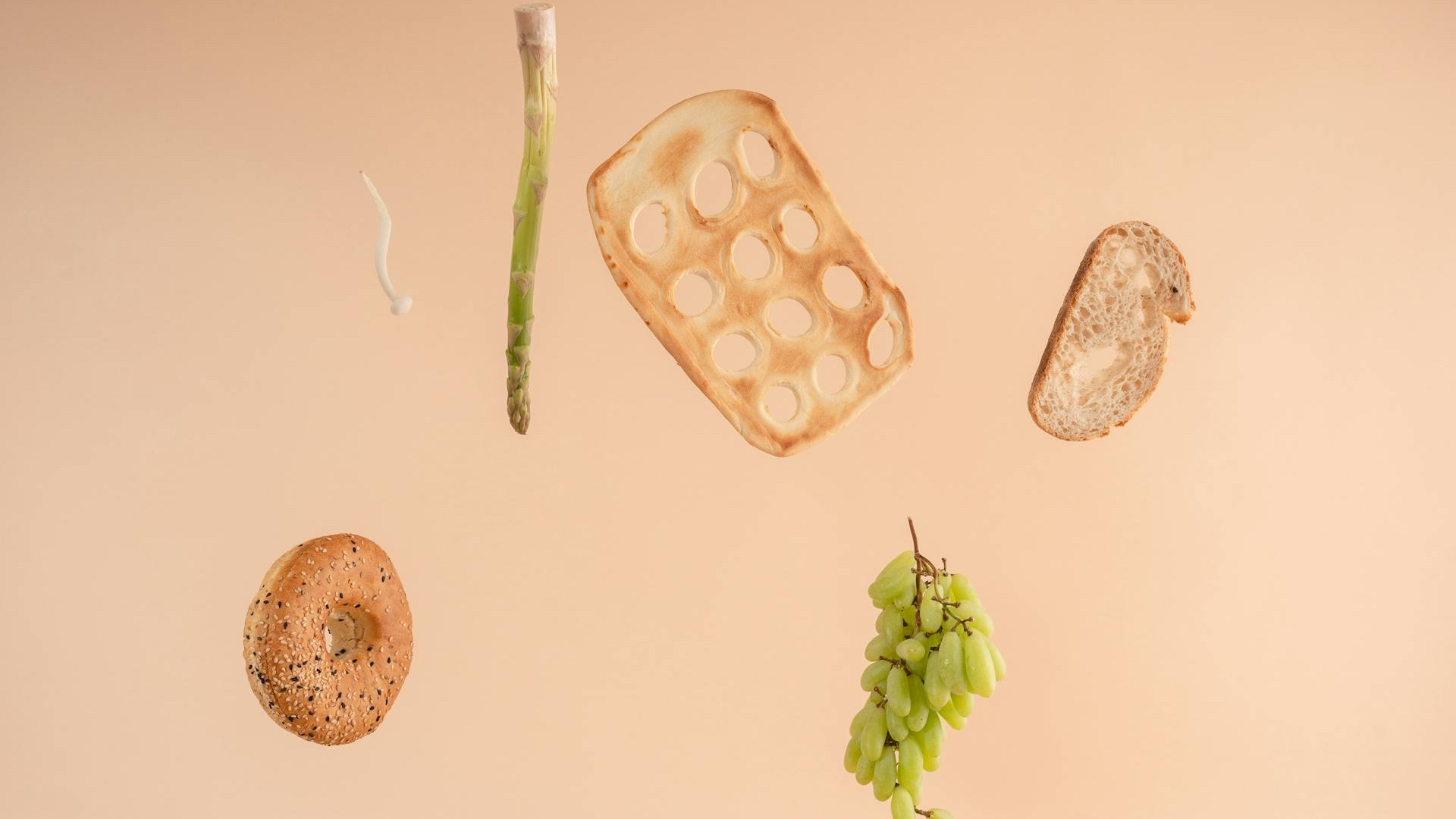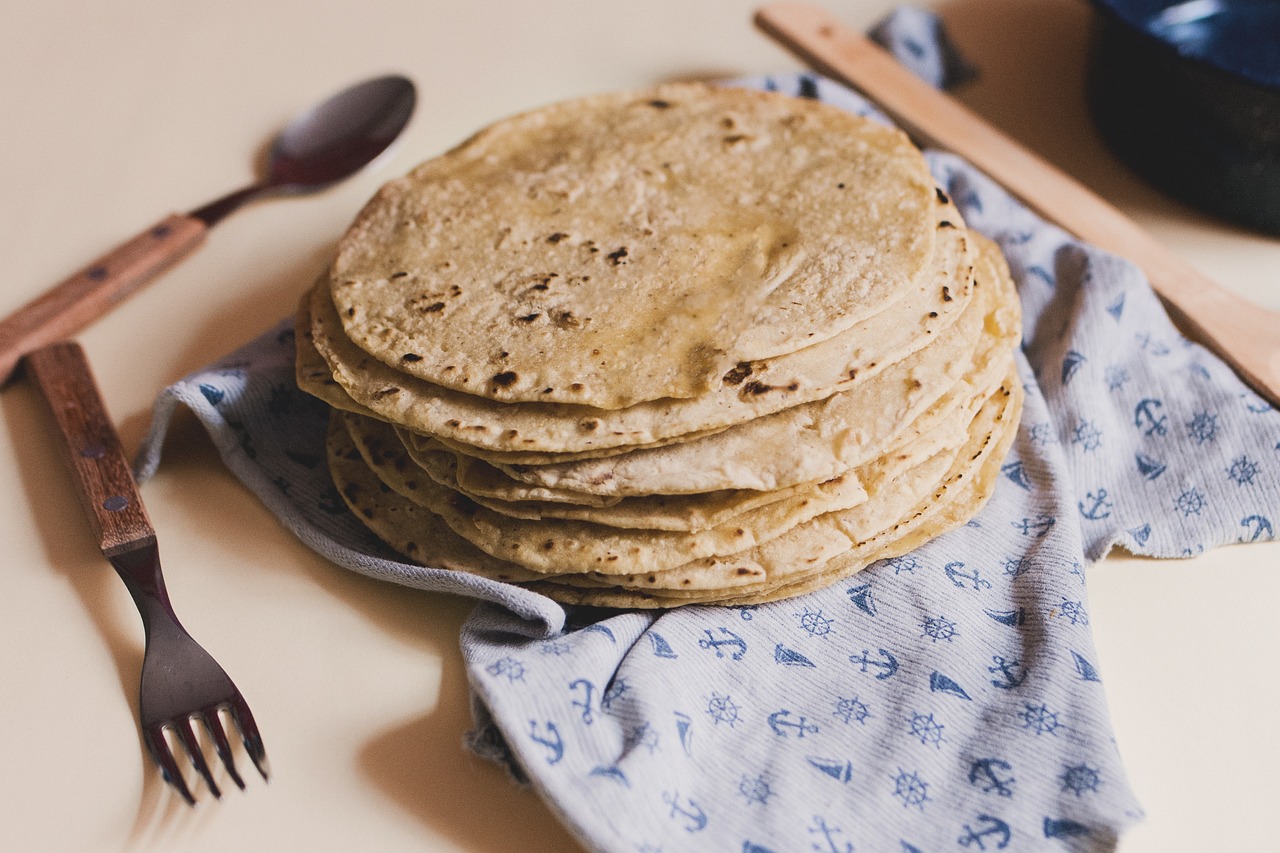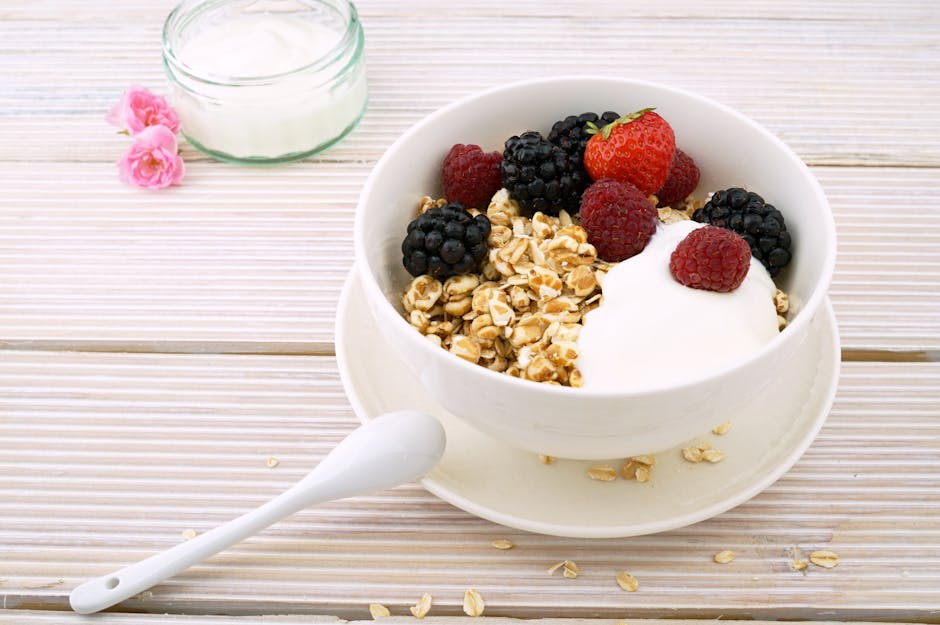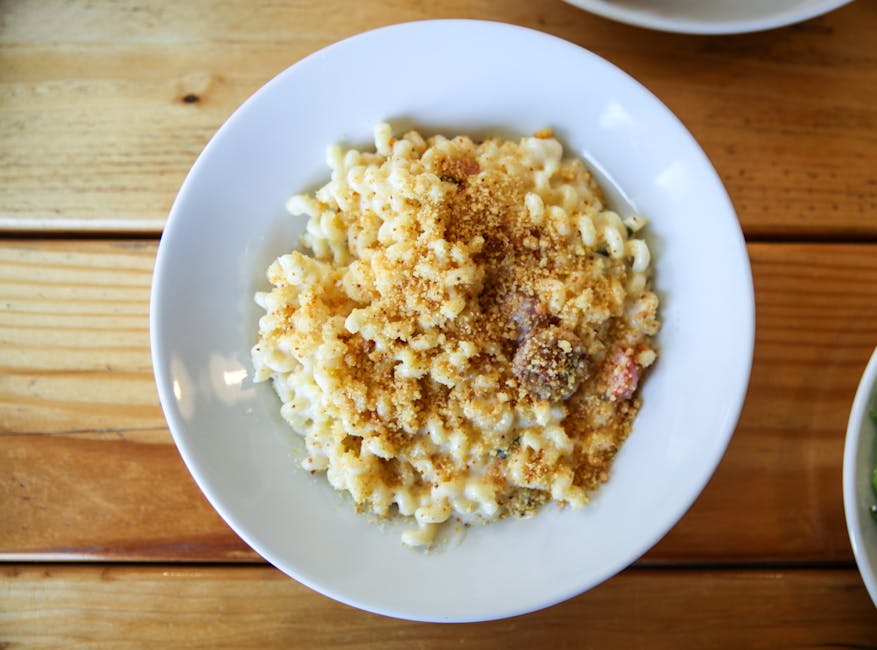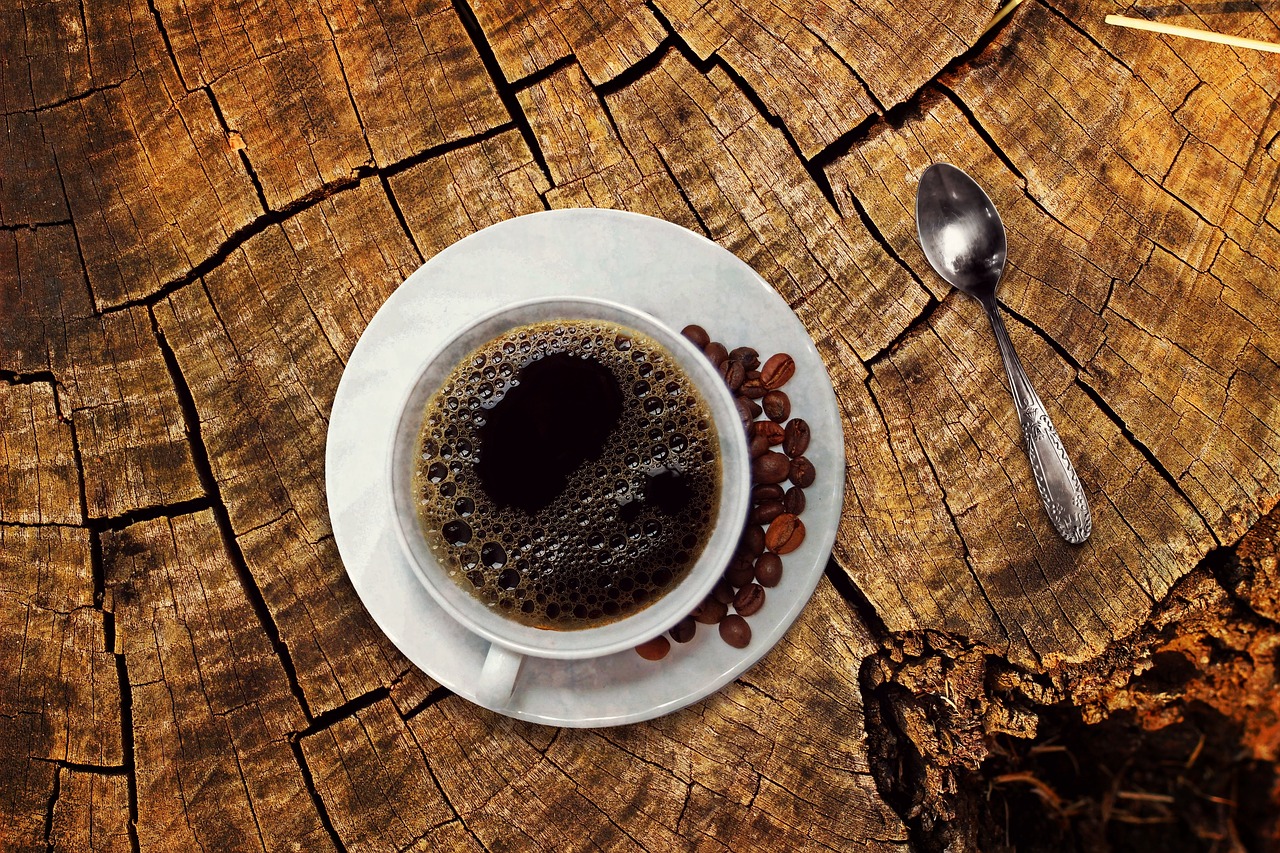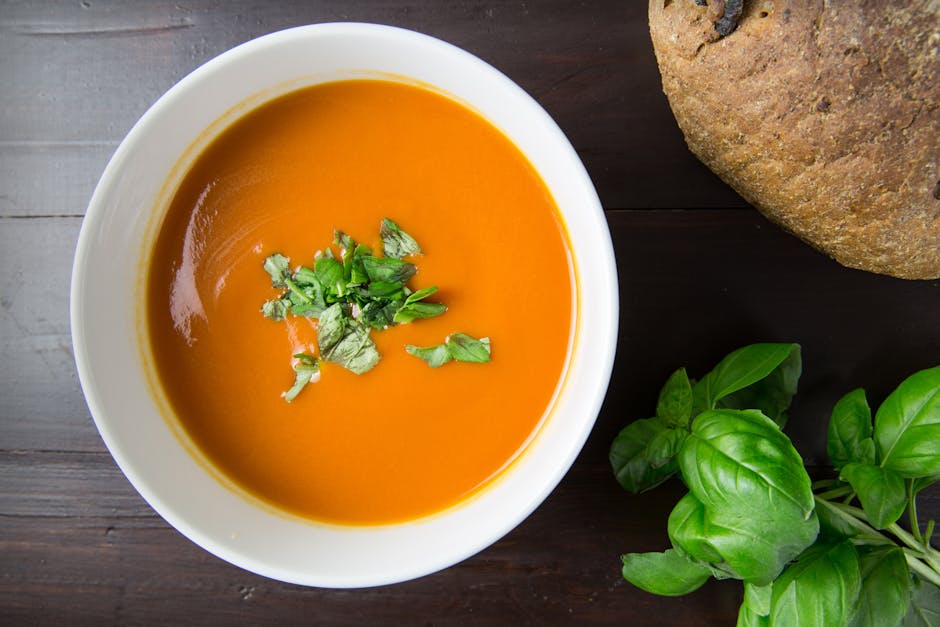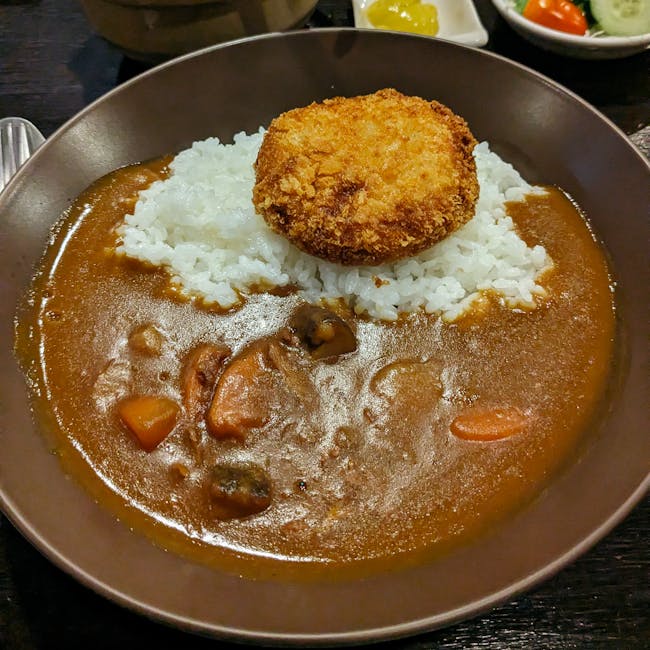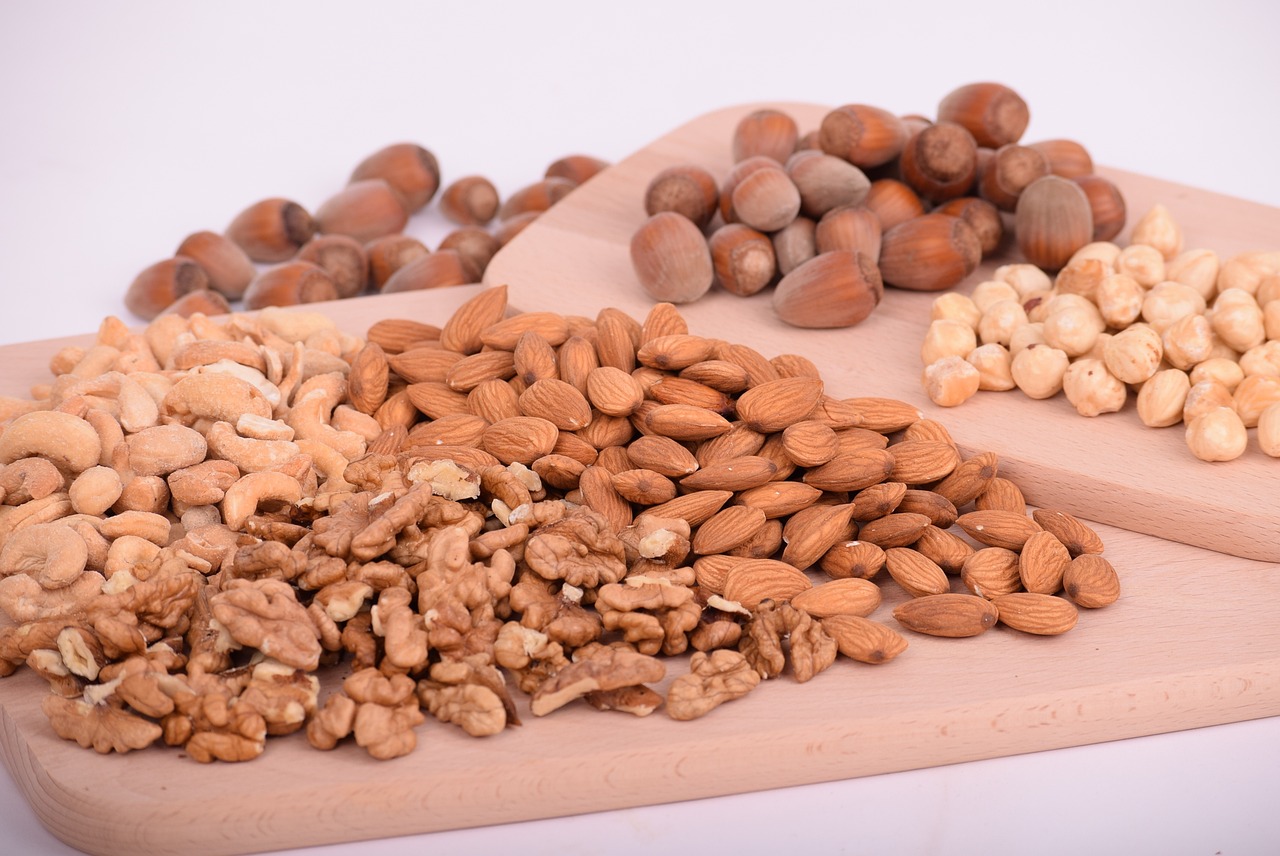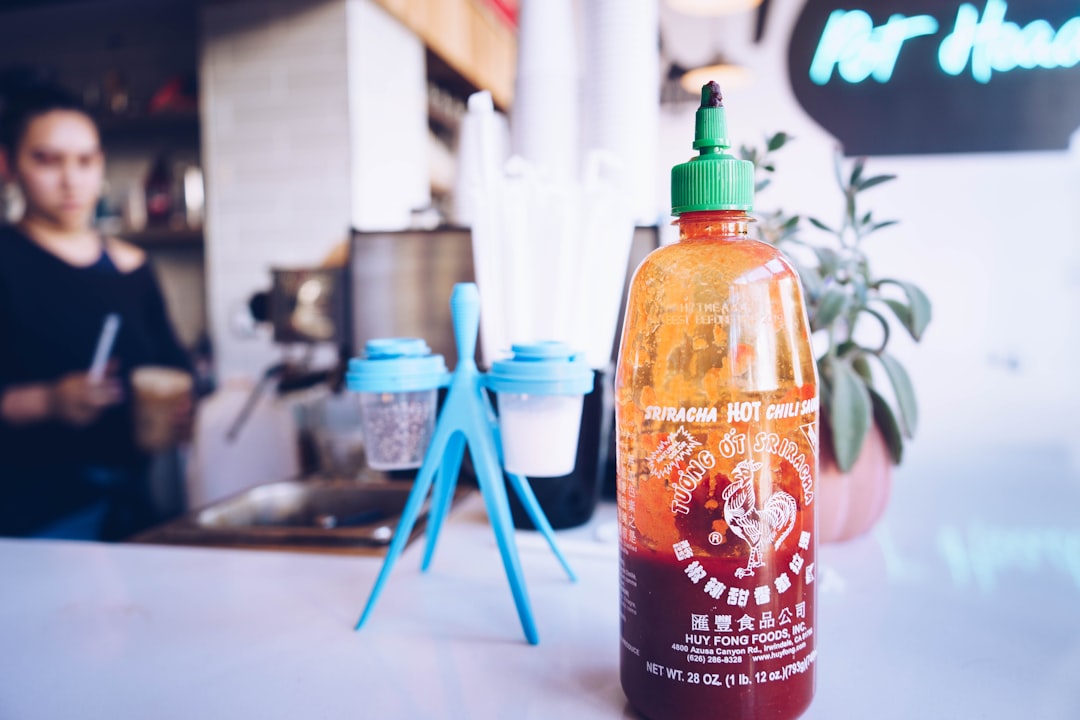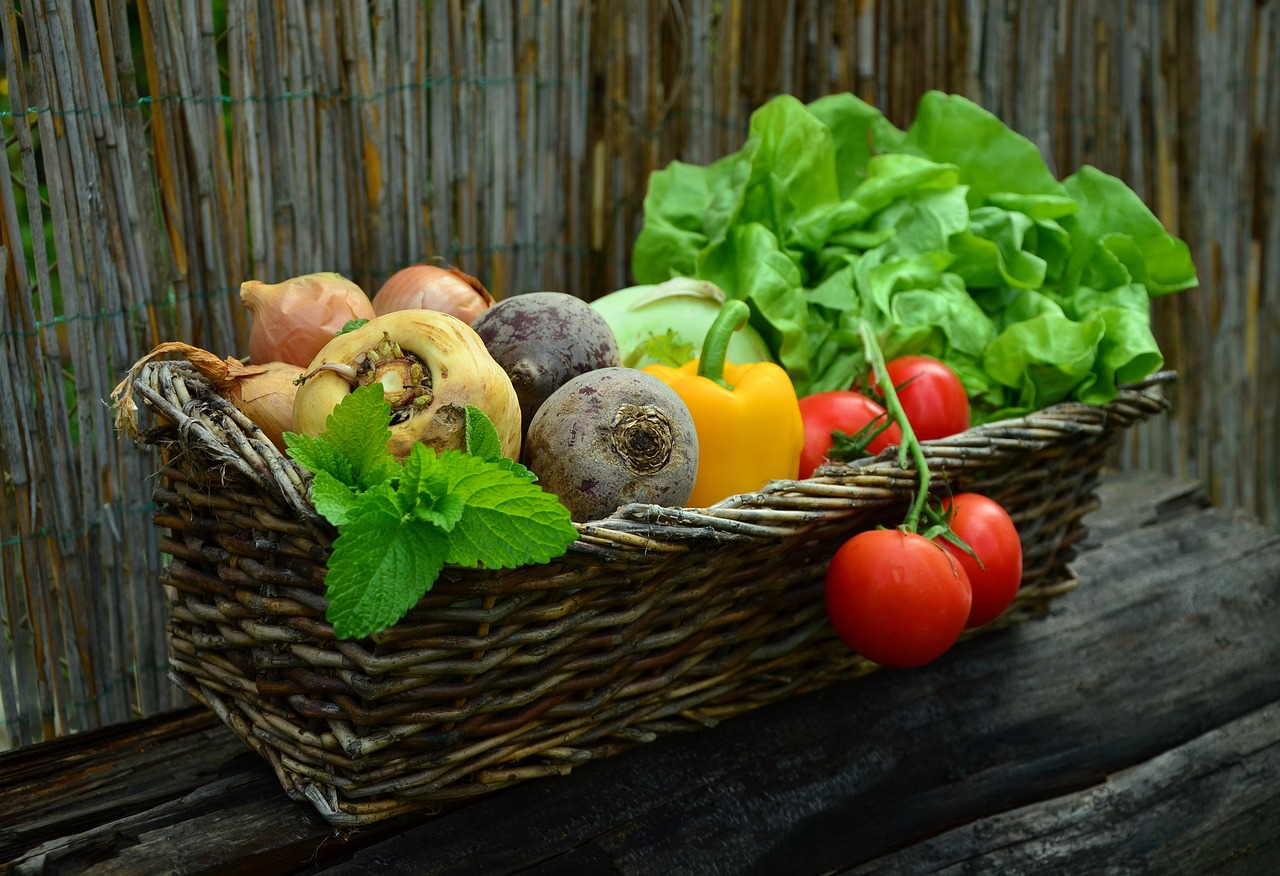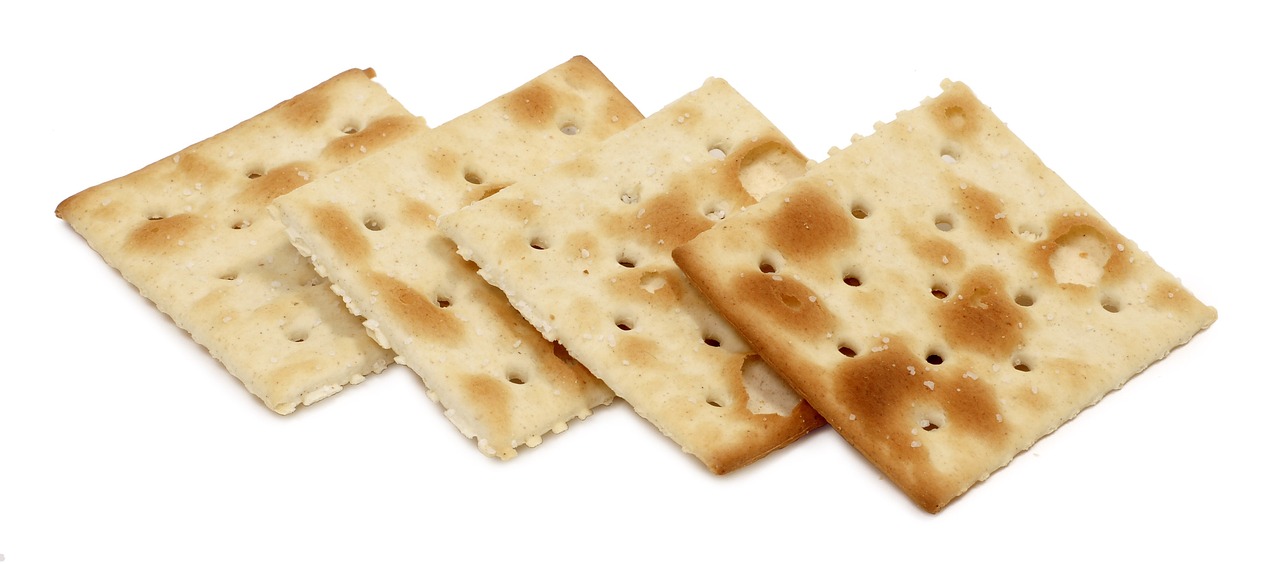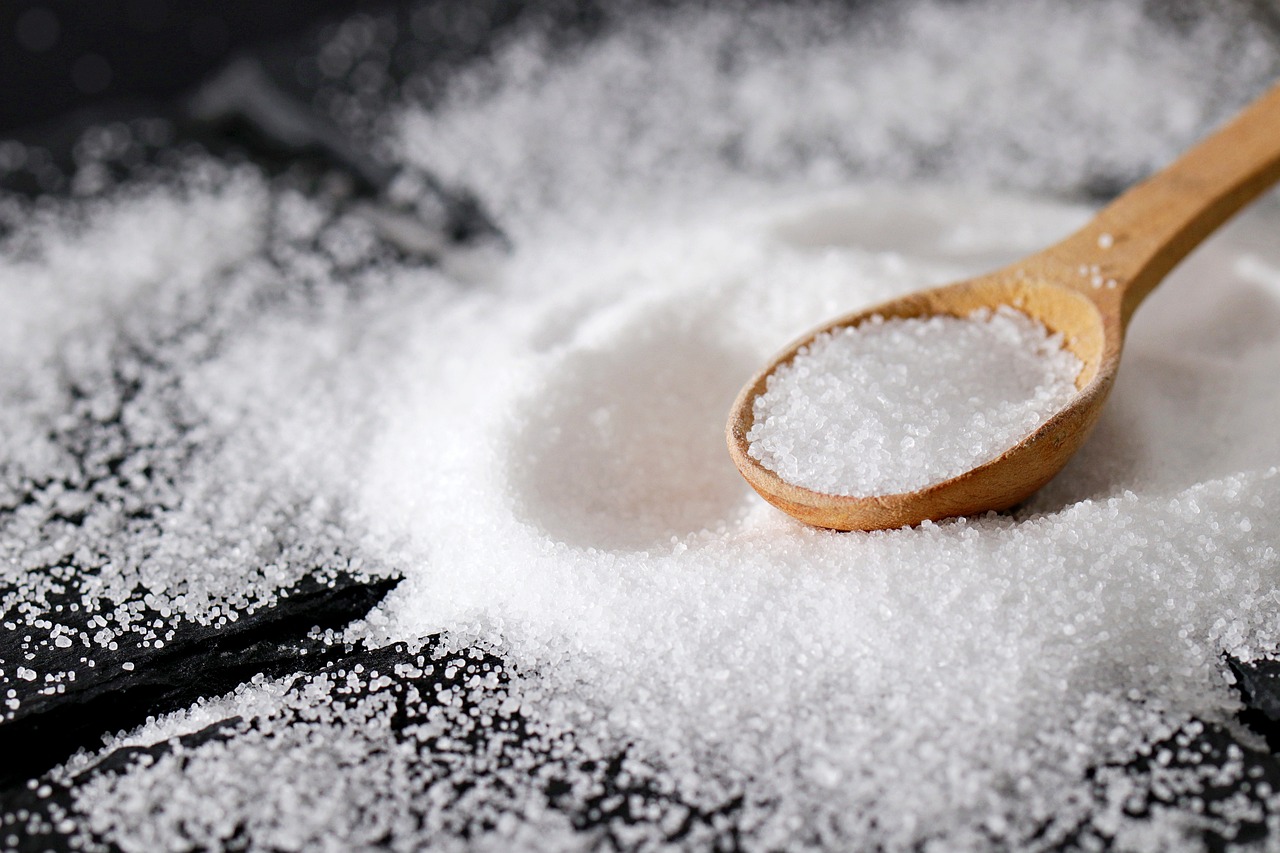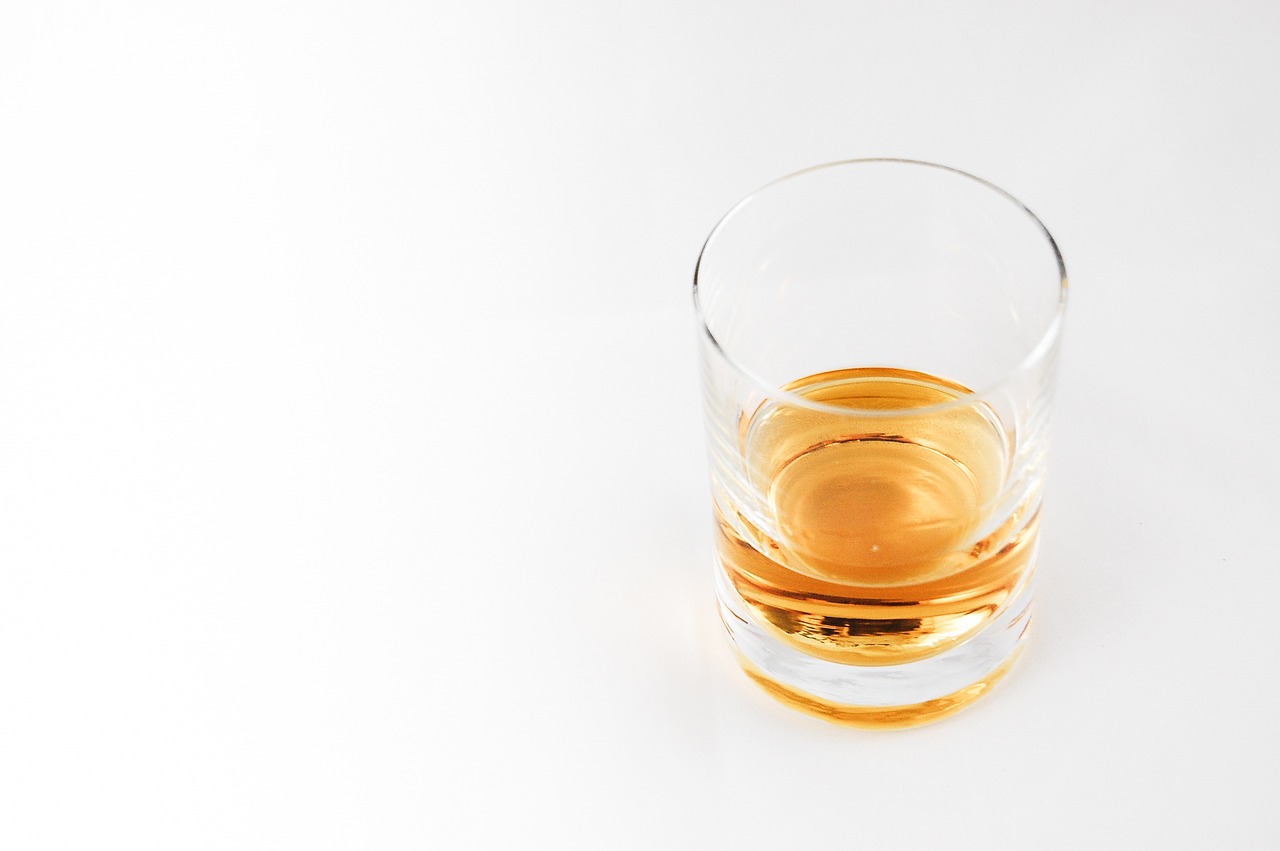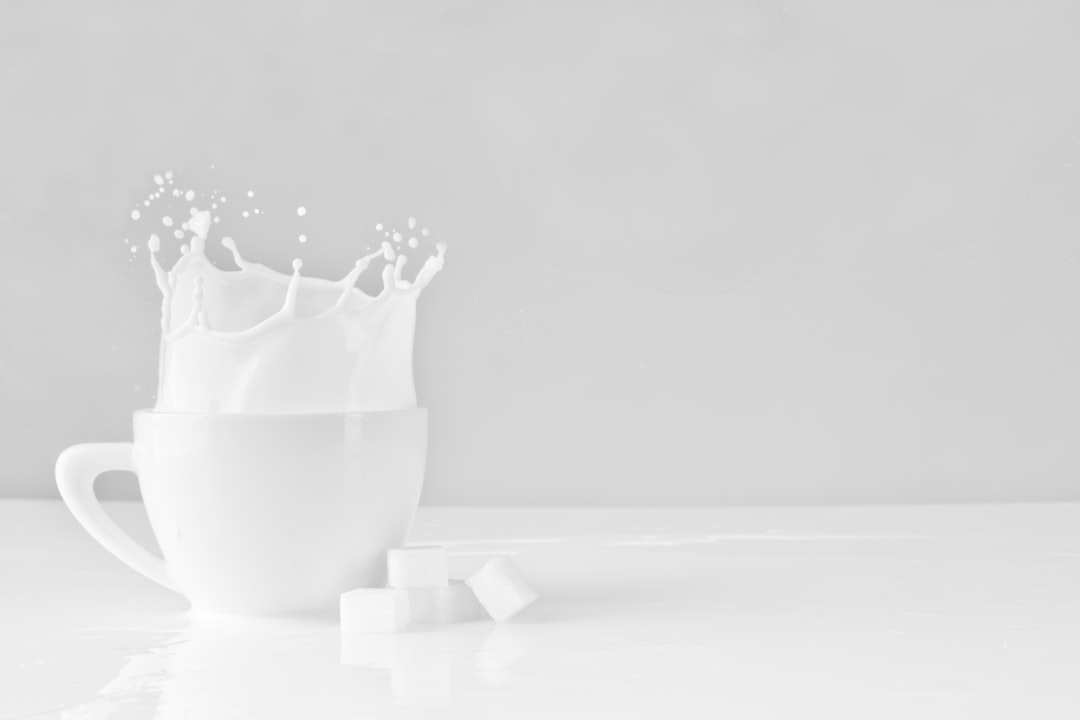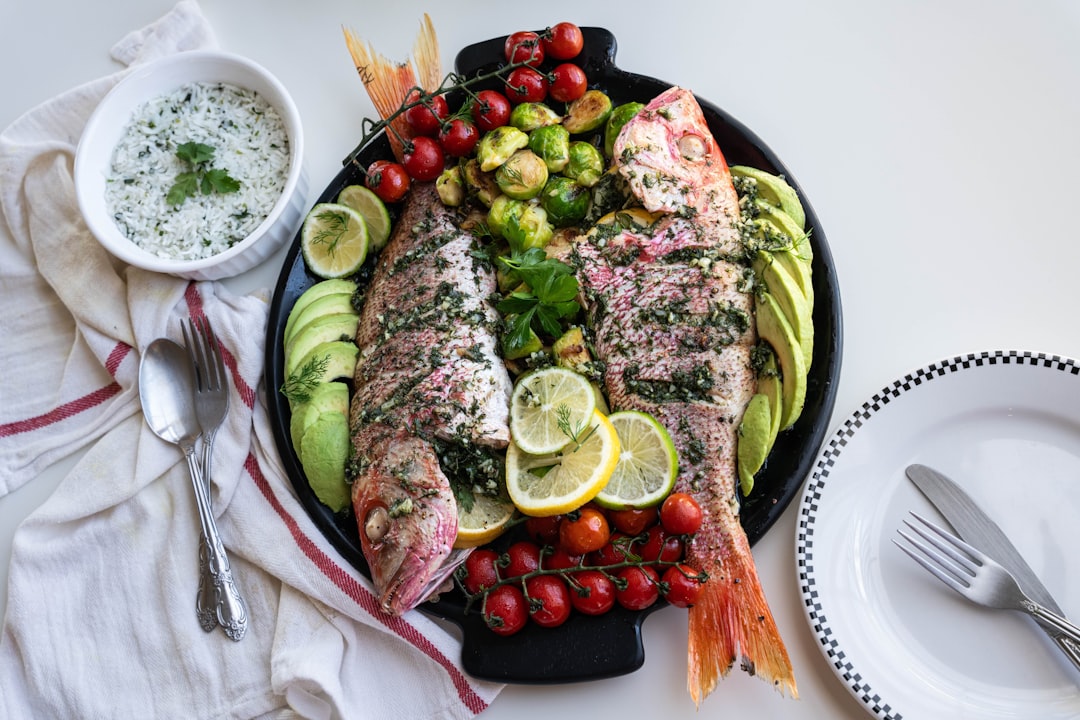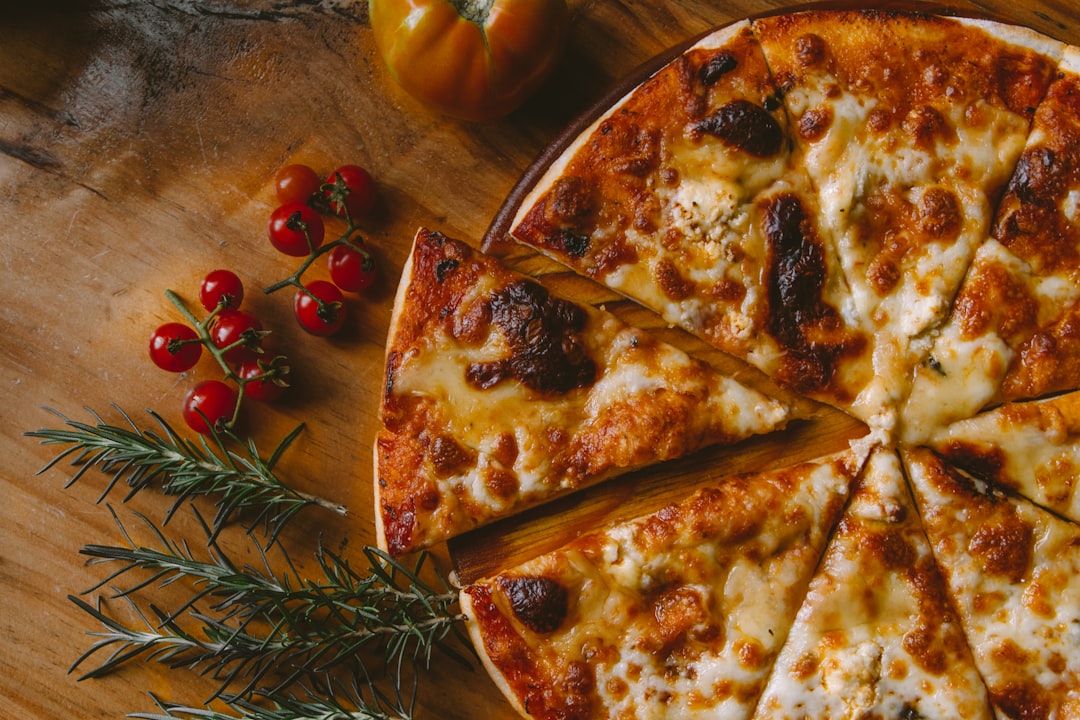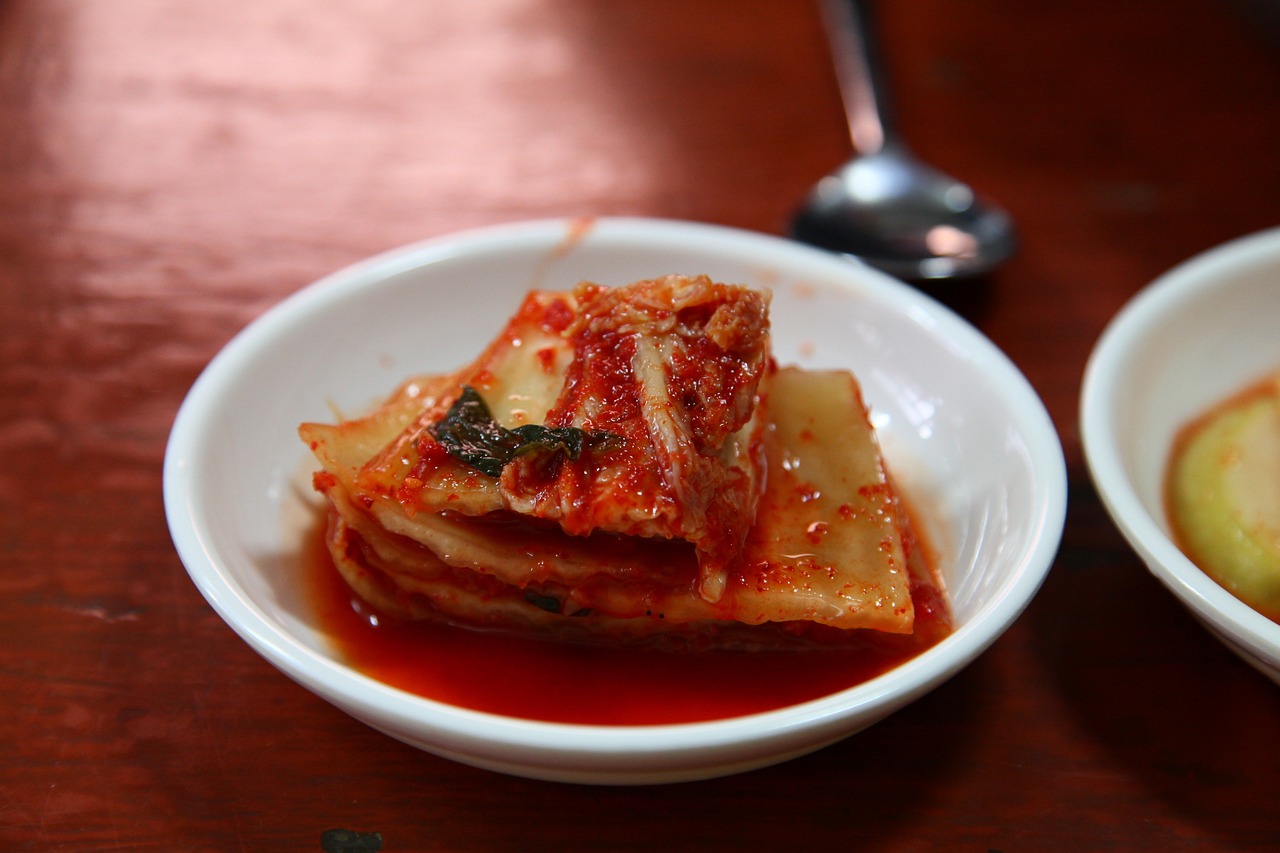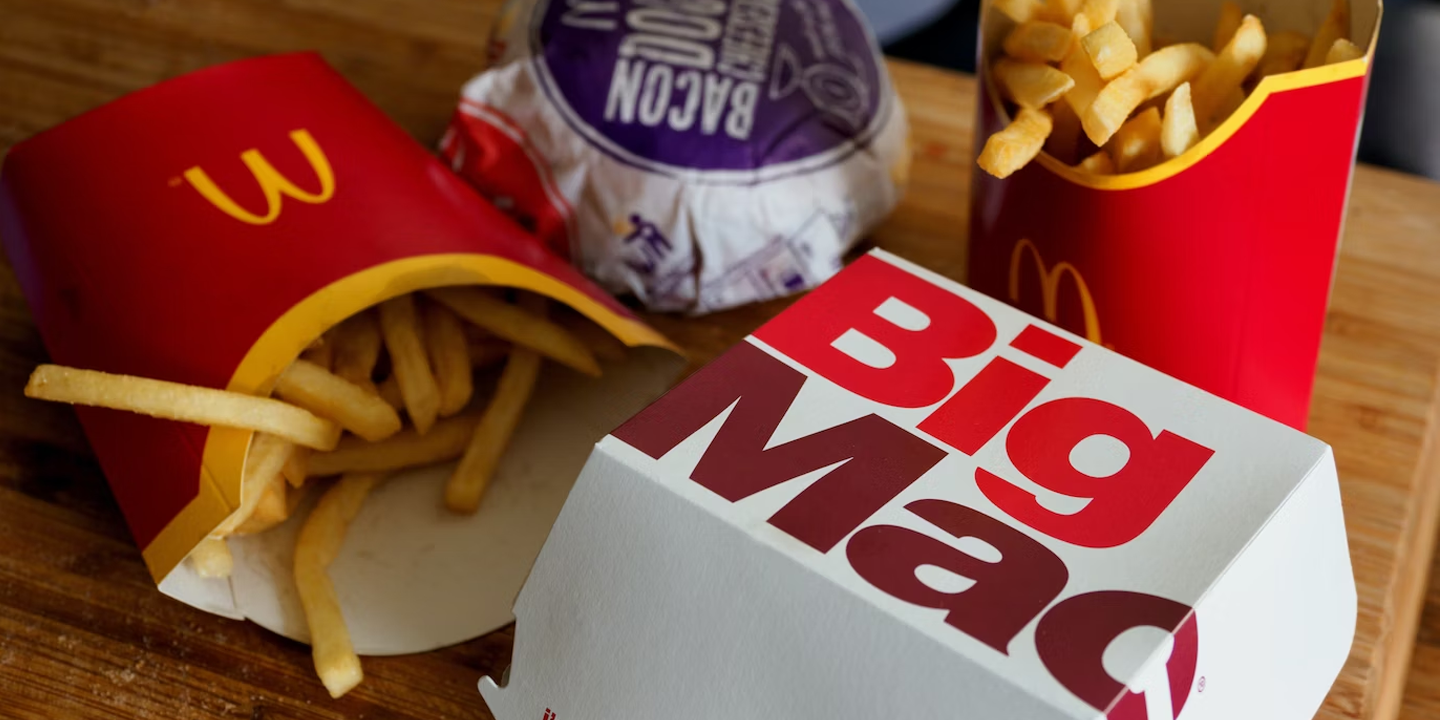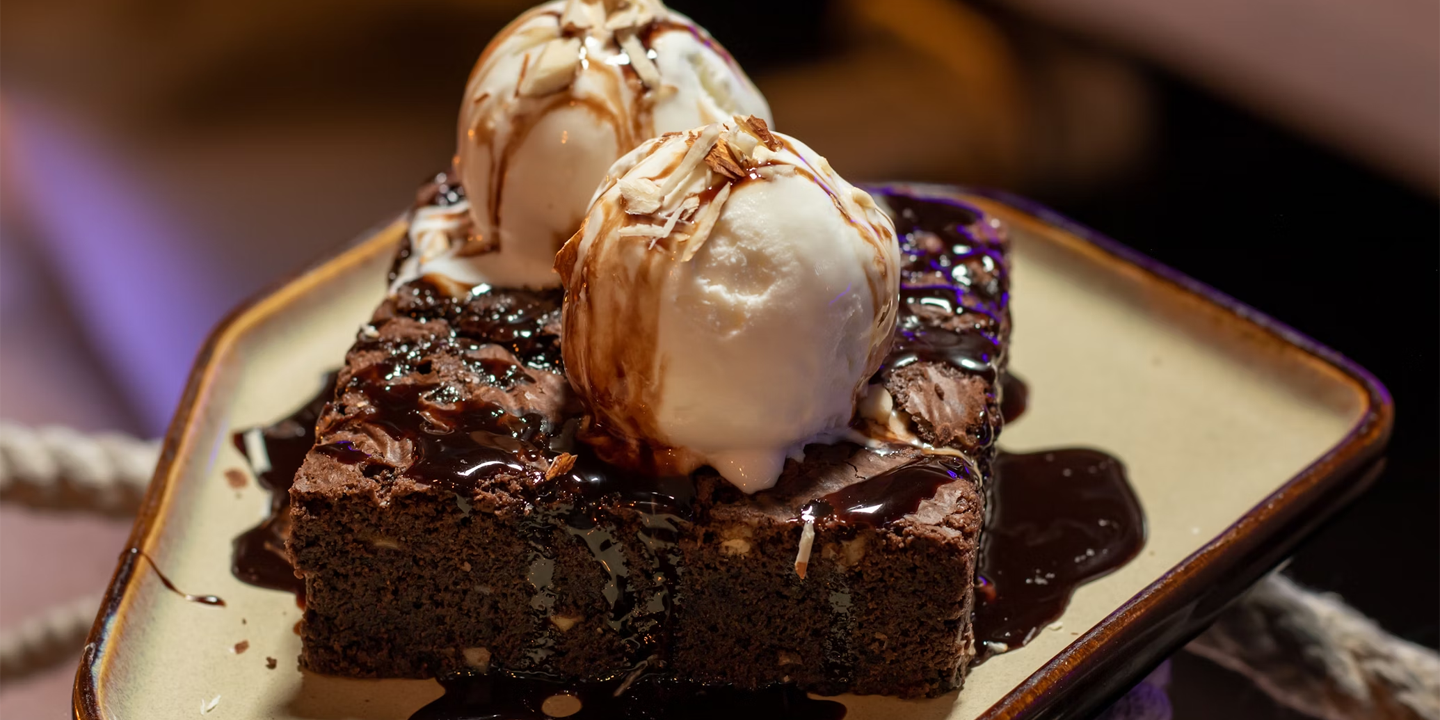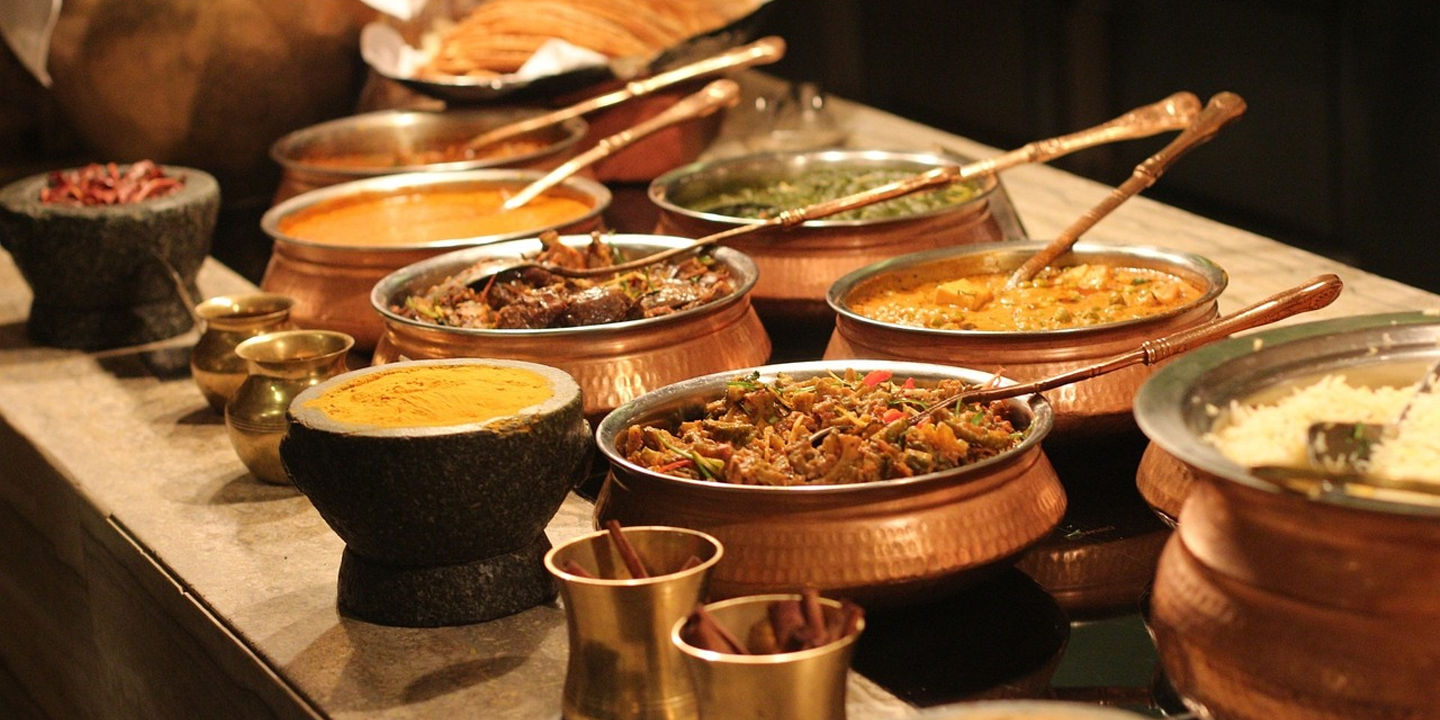Floating Food? Don't Mind If We Do
It might come as a surprise that there are over 100 items to choose from on the space menu. In fact, nowadays astronauts have more variation than ever when it comes to food. But what about the ones that are banned from boarding a spacecraft? From peanut butter to ice cream, read on for the 10 eats astronauts can enjoy in space and 10 they can't.
1. Tortillas
Tortillas are a big thing in space. They're nutritious, easy to store, and won't produce crumbs that could float around and damage equipment. They're also popular for their versatility since you can spread jam onto it for a quick snack or stuff it with eggs and sausage to make a burrito.
2. Yogurt
While there typically aren't many flavors to pick from, yogurt is essential for astronauts to strengthen bone mass. There's even an experiment conducted by a group of Australian students in 2021, where vials of probiotic bacteria were sent to space in hopes that astronauts can eventually make their own yogurt.
3. Mac And Cheese
Because dairy easily spoils and there's no refrigeration in space, milk and cheeses have to be dehydrated and stabilized for storage. But while it's freeze-dried and might taste a little different, macaroni and cheese is still a favorite among astronauts.
4. Tea And Coffee
Caffeine keeps astronauts alert and ready, so tea and coffee are musts. While these liquids are commonly packed in pouches for consumption, a NASA astronaut recently invented a zero-gravity cup so he can have his cup of joe like he does on Earth.
5. Soups
You might think you can't drink soup in space, but just like tea and coffee, soups can be kept in pouches and brought on board. All astronauts need to do is just add water.
6. Japanese Curry
Curry, along with other meals like ramen, porridge, and rice balls, have been developed by the Japanese to be suitable for space. Most of these foods only need to be rehydrated before eating, but some can be eaten as-is.
7. Chocolate-Covered Nuts
Candied nuts are just one of the many snacks astronauts enjoy in space. The chocolate ensures they'll stay as one piece and won't crumble. They're also fun to try catching in your mouth in microgravity.
8. Peanut Butter And Jams
Who says you can't eat a peanut butter and jelly sandwich in space? Jams and peanut butter can be brought on board and used in the same way they're used on Earth. The only difference is that you'll have to spread them on a piece of tortilla instead of bread, and you'll have to make sure your jar doesn't float away.
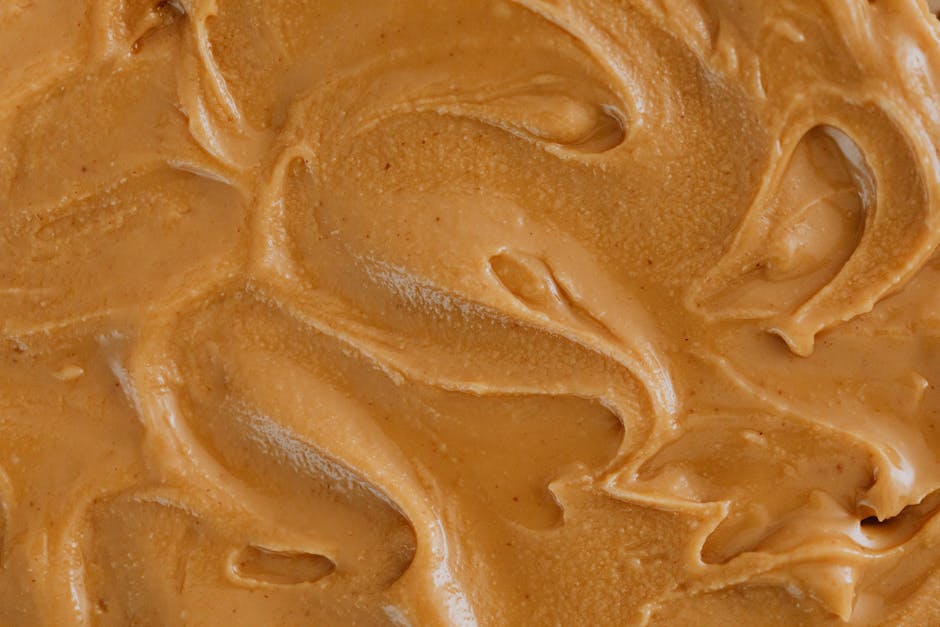 Photo By: Kaboompics.com on Pexels
Photo By: Kaboompics.com on Pexels
9. Spicy Sauce
With reduced gravity comes a reduced sense of taste due to fluid shifts in the body. As a result, most foods taste bland in space and need to be heavily seasoned. This is where spicy sauce comes to the rescue, and it's uber-popular with astronauts.
10. Fresh Produce
Because there's no refrigeration in space, fresh produce doesn't last long in space. But Japan has successfully delivered fresh fruit and veggies to the International Space Station (ISS) using the Kounotori, a cargo transfer vehicle. Apples, kiwis, and onions are among the few on the list.
Now that you know what astronauts can eat, what about the things they can't? Let's jump into the 10 foods that don't regularly make it to space.
1. Bread
Until a crumb-free version is made available, bread will continue to be banned from space. Their brittle texture poses danger not only to the equipment within the craft itself but can also float into an astronaut's eyes and nose.
2. Cookies and Crackers
For the same reason as bread, cookies and crackers are also not allowed in space. Even then, that hasn't stopped astronauts from baking their own. In 2020, a batch of chocolate chip cookies were made for the first time ever in a zero-gravity oven aboard a SpaceX Dragon ship.
3. Salt And Pepper
Try sprinkling salt in space, and you'll find that your food stays just as bland—except now you also have salt floating everywhere. Since seasonings don't do well in environments without gravity, astronauts have to stick with liquid forms.
4. Alcohol
Just as you wouldn't drink on the job, you wouldn't drink while operating a billion-dollar spacecraft. Yet, while it might seem obvious, there's a complicated history of bringing booze on board in space. In the earlier years—before the ban led to various smuggling attempts—alcohol was offered on the menu. Now, even sanitizers and mouthwash are prohibited as they can pose risks.
5. Soda
Carbonation does something funny in space: it doesn't fizz. In fact, the bubbles stay within the liquid and never rise to the top, meaning if you were to drink soda in space, you would be consuming a lot more gas than normal.
6. Fresh Milk
Milk has a special freeze-dried version in space that doesn't require refrigeration. The fresh kind isn't suitable to bring on board as it also doesn't dissolve properly, so you would end up with lumpy, unpalatable milk.
7. Ice Cream
There are no freezers in space, so astronauts can't enjoy real ice cream. But what about dehydrated ice cream? While there are claims that freeze-dried ice cream was aboard the Apollo 7 mission, its crumbly texture makes it a hazard.
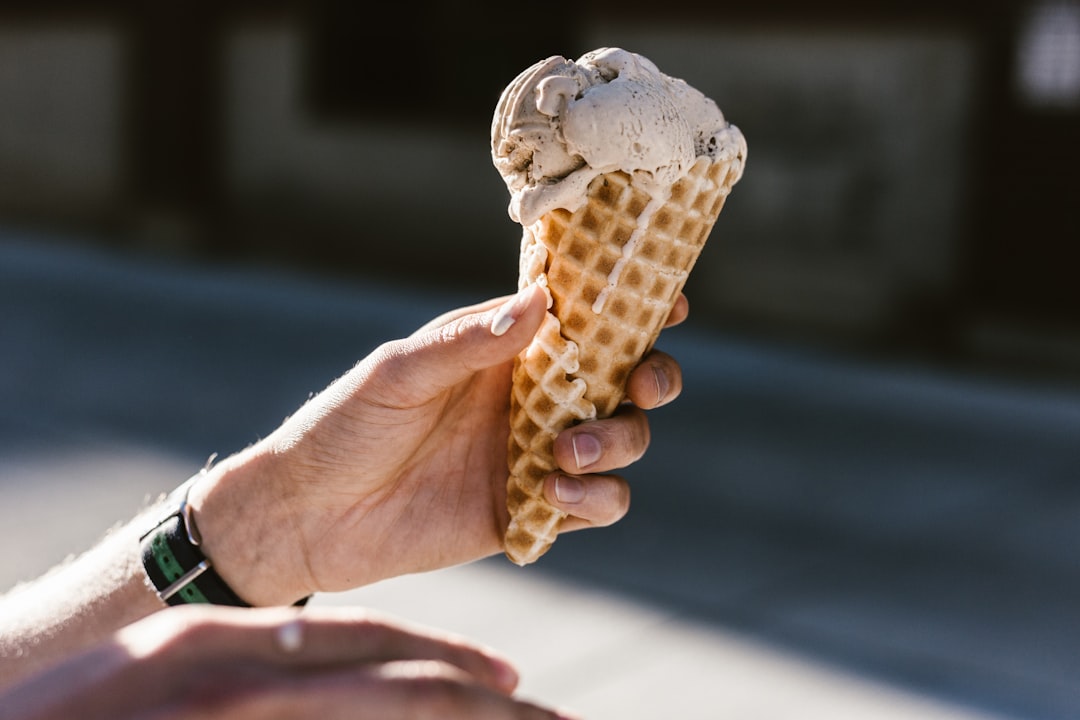 Priscilla Du Preez 🇨🇦 on Unsplash
Priscilla Du Preez 🇨🇦 on Unsplash
8. Fish
Apart from being difficult to preserve, cooking fish is a smelly ordeal. That's not to say that all types of seafood aren't allowed; in fact, shrimp is a popular menu item. Canned tuna and salmon are also on the list.
9. Pizza
Though not technically banned, pizza becomes mush and has a gummy consistency that makes it unappetizing in space. Even then, that hasn't stopped astronauts from having pizza parties in zero gravity on the International Space Station.
10. Kimchi
In 2008, the first Korean astronaut Yi Soyeon brought a piece of home with her as she blasted off: Kimchi. Fermented foods don't do well in space due to live bacteria, though, which meant this kimchi had to go under radiation before she could bring it along.
KEEP ON READING
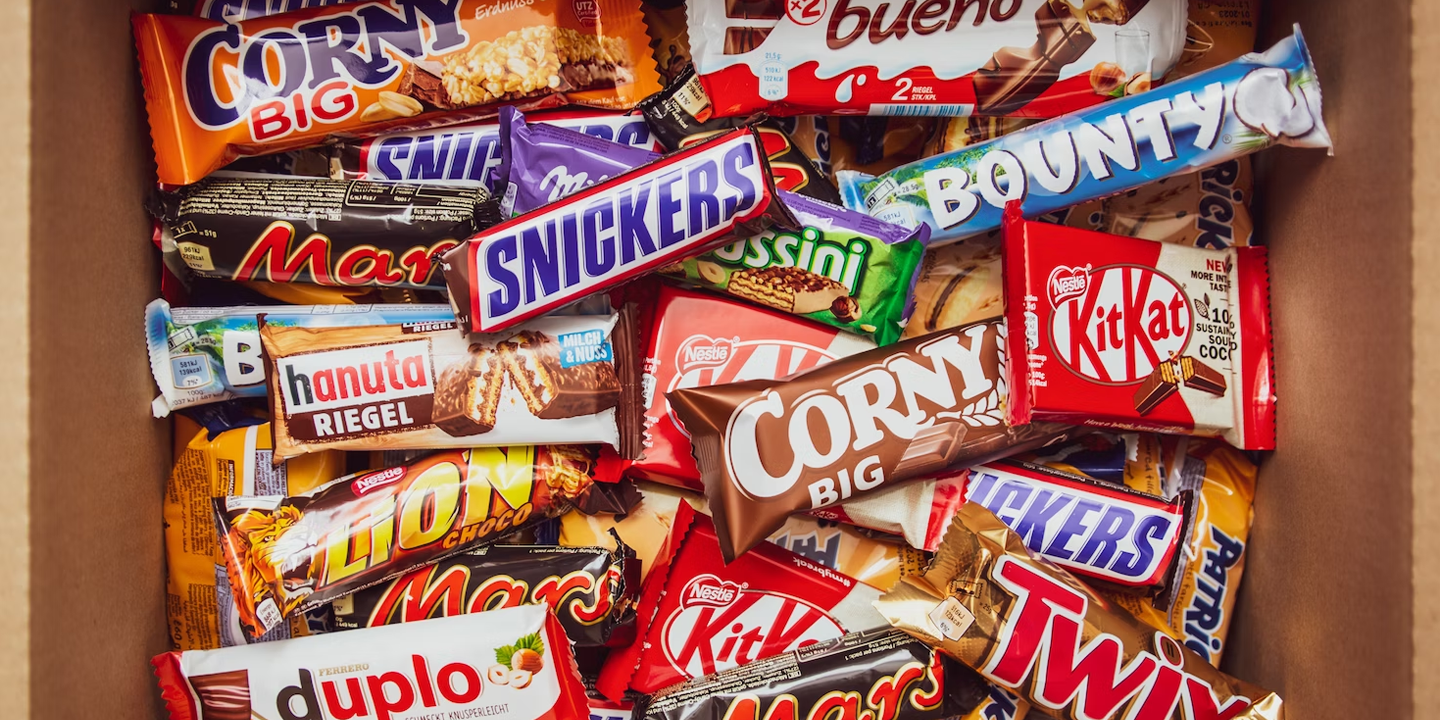
The Most Popular Chocolate Bars in the USA
